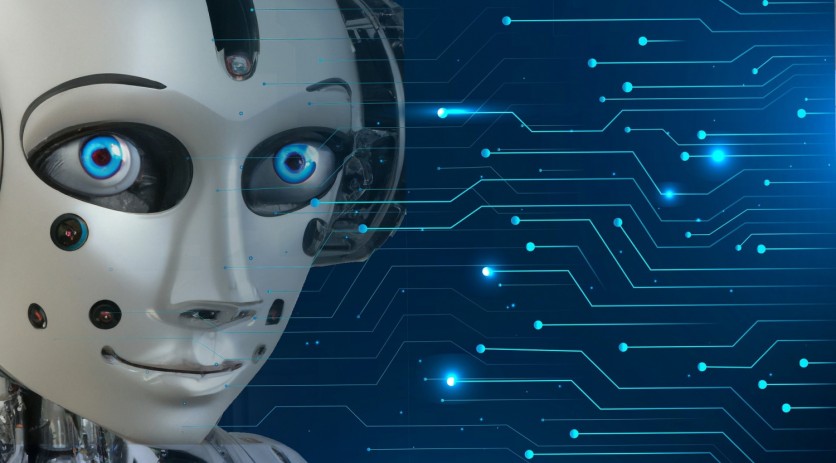ChatGPT, the popular language model developed by OpenAI, has been captivating users with its wide range of applications.
However, Sophie Jentzsch and Kristian Kersting, two researchers from the Institute for Software Technology at German Aerospace Center and Technical University Darmstadt, decided to delve into a different aspect of ChatGPT's capabilities: its sense of humor, according to a report by Tech Xplore.
What they discovered may not have been side-splittingly funny, but it certainly shed light on the AI model's joke-telling abilities. In a series of 1,008 trials, ChatGPT was asked to deliver jokes, and the results were far from groundbreaking.

ChatGPT Makes 'Dad Jokes' But Not So Original
The two researchers found that despite a few funny "dad jokes," the ChatGPT-3.5 model was not particularly original. A "dad joke" is a short joke spilled as a one-liner or a question and answer, but not a story.
Over 90% of the time, the response of ChatGPT consisted of one of 25 recycled jokes. In fact, more than half of the answers came from a mere four jokes, indicating a lack of originality.
The two researchers detailed their findings in a paper titled "ChatGPT is fun, but it is not funny! Humor is still challenging Large Language Models," which was published on the pre-print server arXiv.
While the researchers acknowledged that ChatGPT could be seen as a step toward "funny" machines, they emphasized that computational humor remains a challenging feat.
Among the most popular recycled jokes were classics like the scarecrow winning an award for being "outstanding in his field," the tomato turning red upon seeing the salad dressing, and the math book feeling sad due to an overload of problems.
These jokes demonstrated ChatGPT's grasp of wordplay and double meanings, but they also highlighted the model's tendency to rely on familiar elements from its existing repertoire.
Before drawing their conclusions, the researchers considered the possibility that some joke output was derived from hard-coded material in a predefined list. However, their study's uneven distribution of jokes cast doubt on this assumption.
While the exact origins of the jokes could not be confirmed due to no access to the model's training data, the limited versatility observed in ChatGPT's response pattern suggested that hard-coded entries were not the primary source.
When asked to explain jokes, ChatGPT occasionally provided insightful responses. For instance, when prompted to explain the classic "Why did the chicken cross the road?" joke, the model highlighted the humor in the unexpected simplicity of the punchline.
However, there were instances where the model struggled to comprehend jokes and resorted to creating fictional yet plausible explanations, a quirk noted by the researchers.
Long Way to Go
Ultimately, the researchers concluded that ChatGPT still had a long way to go in confidently generating intentionally funny original content.
However, they pointed out an interesting twist-Bing Chat, using ChatGPT-4, demonstrated a self-aware sense of humor by cracking a joke about itself. When asked why Bing crossed the road, the witty response was, "To get to the other search engine!"
In the realm of AI-generated humor, ChatGPT's ability to elicit laughter is a work in progress. While it may have a knack for recycling a few chuckles, the quest for genuinely funny and original content continues, with ChatGPT representing an important step forward in pursuing computational humor.

ⓒ 2026 TECHTIMES.com All rights reserved. Do not reproduce without permission.




